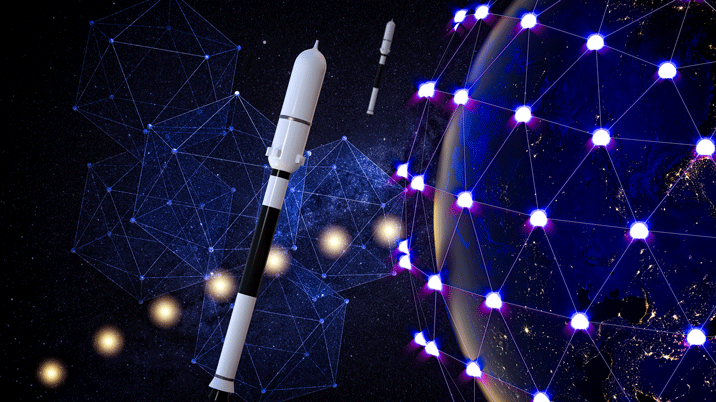
Bengaluru-based spacetech startup Digantara hopes to raise fresh funding in a Series A round over the coming months, a top executive told Mint.
"The $2.5 million seed funding we raised in 2021 provided us with a runway to make at least three satellites, so we are well covered for our next launch. We also plan to announce our Series A round in the coming months," Anirudh Sharma, chief executive of Digantara said in an interview, after the company launched its second satellite on 3 January.
Digantara, which specializes in space weather and debris-tracking, expects to begin a beta version of its space data mapping service by the end of this year, after it is done with its intended Series A funding.
Sharma further said, "By the fourth quarter of this year, we plan to launch a beta version of our space data service. Our commercial services will begin by 2024, for which we will need at least eight space weather-sensing satellites in orbits and one ground station - all of which we plan to build by then."
Following the launch, Sharma explained that Digantara’s initial set of launches — including its first launch of an equatorial satellite in June last year, and its second satellite that was placed in a sun-synchronous orbit (SSO) yesterday — will only be used for internal space data calibration purposes.
“The sun-synchronous orbit is a crowded satellite orbit and understanding the orbital environment in space is very important to understand the risks of injecting a satellite, or the life of a satellite. Typically, space agencies around the world have depended on statistical and historical data to understand the forces and space weather conditions that may act on a satellite and prepare a satellite’s algorithms accordingly to be manoeuvered safely — since real-time manoeuvres are not possible in space," Sharma said.
With increasingly crowded orbits, questions have been raised regarding the safety of satellites amid increasing space debris. In November last year, a study by British Antarctic Survey underlined that rising Carbon dioxide (CO2) levels in Earth's atmosphere will slow down the pace of debris in space eventually falling into Earth’s atmosphere and burning up — thereby keeping even more debris in space, within up to 500 km orbits.
On this note, Sharma added, "Our ‘space situational awareness’ (SSA) data set generated from our satellites will help get a more accurate understanding of weather conditions, trajectories and debris in space, to prevent collisions in an orbit, or have radiation or magnetic forces impact the longevity of a satellite."
To be sure, SSA can be likened to the air traffic control (ATC) in commercial aviation — which offers coordination between aircrafts, and alerts them about prevailing weather conditions to avoid collisions or untoward changes in flight trajectories. However, unlike ATCs, SSA continues to remain a niche field — a market report by Stratview Research pegs global SSA services to grow at 5.1% annually to be valued at $1.98 billion by 2028.
India has seen a notable shift in funding activity around the spacetech sector in recent times. In mid-December, startup GalaxEye raised $3.5 million in seed funding in a round led by deeptech-focused Speciale Invest along with participation from Artha Ventures, Anicut Capital, among others.
In order to promote innovation in various domains of space across the nation, ISRO chairperson S Somanath, in November, announced collaboration with over 100 startups, at the 25th Bengaluru Tech Summit in November. He said out of the 100, at least 10 are currently working on developing satellites and rockets.